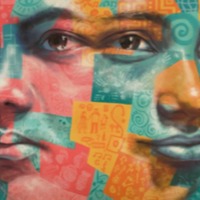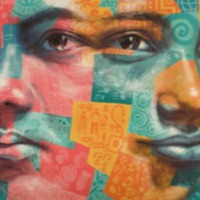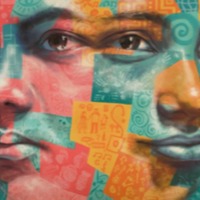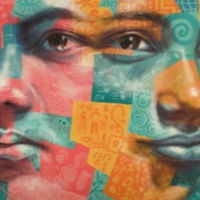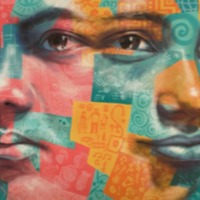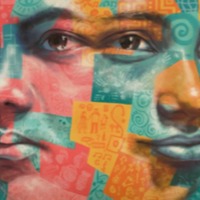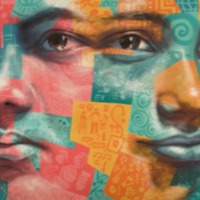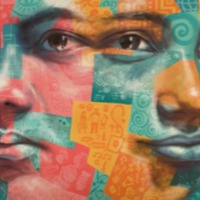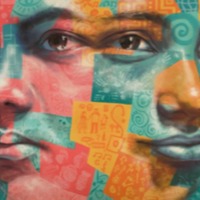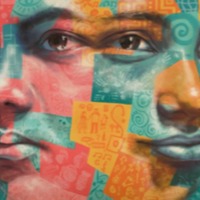
This is the first time speaking in front of a group like this and being here marks an important part of my survival. Let me explain.
I was trafficked as a very young child. I was taken to private residences and hotels, then auctioned off to anyone willing to pay. Despite numerous, unexplained, very grown up health problems, no physician ever asked whether I was being abused, much less trafficked, not once. When I finally escaped at 18, the first nightmare ended. I learned quickly that my own isolated horror would be difficult to move beyond.
Consequently, I have struggled with post-traumatic disorder, an eating disorder, peripheral neuropathy, adrenal insufficiency, and blindness. All related to the trauma of sexual and physical abuse.
I have battled to put the suffering behind me and being able to sit up here, confident enough to tell my story, an advocate for change, this is truly a milestone in my recovery. I have come to know that a trafficking survivor is never 100 percent free until we rid ourselves completely of the trauma’s effects. That doesn’t happen overnight. It’s an evolution. It doesn’t happen without a personal commitment and help. We are following victims but not adequately providing them with essential services that will help them become a true survivor.
For me, if it were not for art therapy and other psychological services that I received, I very well would not have survived even after I escaped my trafficker. I would not have the courage to speak out against the injustice of human trafficking.
Earlier this month, Congress passed an appropriations package to fund federal anti-trafficking organizations or programs for the physical [fiscal] year of 2014 and there were actually increases in funding for victim services. The first 10 in 10 years, that funding has risen. This is a big win and an important one.
Because every year, an increasing number of cases are identified through calls to the National Human Trafficking hotline. But this is just the first step. We need this funding and more simply to provide the critical emergency services, shelter, food, and emergency medical care for the growing number of trafficking victims.
We need to go beyond emergency care and services. We need a national commitment and financial investment to train doctors, psychologists, workers, social workers, and providers so that they can better understand the unique struggles and provide the services trafficking victims need to truly survive.
I believe strongly that access to psychological services should be a legal right. For every survivor of human trafficking, there should be no limitations on that, and when the service is made available. The process of recovery can be slow and unpredictable like recovery from any post traumatic stress disorder.
The United States has been seen as a leader in the fight against human trafficking. I’m proud of many things our country has done. My hope is that policy makers will make a much stronger commitment to end modern slavery and provide every trafficking victim with the services that they need to restore their mind, body, and spirit so that they can all become true survivors like me.
As told to the Combating Human Trafficking Congressional Briefing
